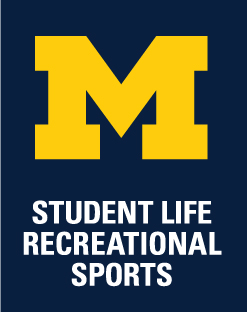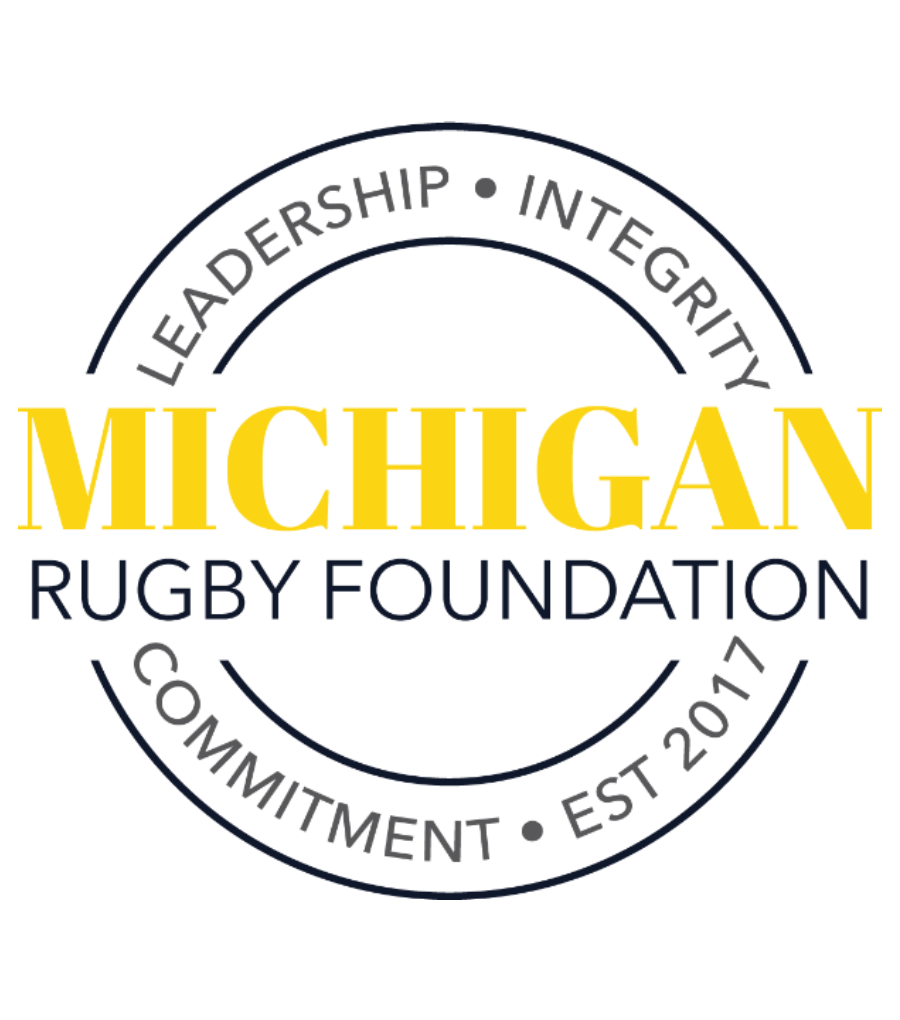Lost in a scrum but found in life – Howard Eichenbaum
I am totally honored to be named “Alumnus of the Month”, although many of you might question the threshold for this award given that I was a B team player for just one season and only until I pulled apart my ribs in a scrum gone wrong. However, I can say in defense of this recognition that I really benefitted from my time with the UMRFC and it influenced my later, more substantial career success.
Rugby? Here’s how my story with the UMRFC began. Back in my freshman year of 1965 we registered for classes by standing in line at an old gymnasium building located on the northeast corner of the diag block (no longer there). The line stretched across the diag and it took hours to get into the gym and run from place to place to register for classes (Note for the young guys: no computer registration because there were no personal computers yet). Along that line were tables set up by various clubs, including the club sports. I was taken by the one that posted “It takes leather balls to play rugby!”, even though I really didn’t know what rugby was. I had never even played football in high school (my mother forbade it), but this seemed to be my chance to make up for that! I signed up along with my roommate John Adams.
Joining the team
I distinctly recall my first practice on the track fields. As I arrived, it was easy to see that there were two kinds of people: (1) There were the linemen – these guys were generally retired football players. Since I lived in South Quad where the varsity freshman football players also lived, we all knew these guys as something other than us mere mortals. They were a giant species, but actually mostly really great guys. The UMRFC linemen were the same giants who had left the football team or were now in grad school. (2) There were the backs, and these guys were Canadians and Europeans who knew what they were doing in rugby plus retired UM track stars who were so fast that they didn’t really need to know what they were doing.
I was none of the above, too big (180lbs) and slow to be a back, too small to be a lineman. But a hooker for the B team was needed, and even though I couldn’t tell my parents back in Benton Harbor, Michigan, that I had come to UM to become a hooker, a hooker I became.
Learning to hook
Set scrums are weird things, especially for the hooker. You put your arms around the necks of two of those giant linemen and hang in the air while trying to control the ball with your feet. It seemed simple enough – just catch the ball coming in and “hook” it backwards. But, as any real hooker knows, that is only half the story. The opposing hooker is trying to do the same thing, and good hookers know how to not only get the ball but also how to prevent you from getting the ball. The expert hookers that I experienced on several teams knew how to both block my legs as they took away the ball. Now there is not a lot of difference between “blocking” my legs and kicking the hell out of them. In the early games this meant my shins were massacred and I spent much of the postgame period bandaging my legs. Eventually, I believe I invented the “shin guard”, so popular in soccer these days. More significantly I, too, learned the trick of how to kick my opponent while taking the ball away. I got so good at this defensive move that I was honored in a later season game when I played a second time against the hooker from Windsor, who had kicked the hell out of me in an early season game. On the first set scrum, I gave as good as I had got and beat him, and he came running at me and started a fight after the scrum! I just repeated my moves at every subsequent opportunity, and won most of the scrums that day!
Defensive play
Besides the scrum, the other main job of linemen is to go after the opponents trying to advance the ball. Over and over, my own backs would run the ball as far as possible then punt down field. My job was to get on sides behind my backs but then, when the ball was punted, turn and run downfield at the opponents. Most of the time they would run a bit then punt, and the whole cycle would start over again. I must have run 10 miles each game.
But sometimes I did get to opponents on the run. Quite regularly the linemen were all still close to the opponent team when the punt was caught. Being the lightest of the linemen, I was often the first to get to the opposing runners. Early in my learning curve, two things generally happened. If the opponent with the ball were a back, he would just run around me. Alternatively, if a lineman (one of those giants) had caught the ball, he would just run over me. Back in my high school days, the one thing I was good at in football was the rolling tackle. So, it came to serve me – I laid my body out flat at their knees – wide enough to catch the backs and low enough to trip the forwards. It worked, at least some of the time, although I must say that move is tough on the shoulders without any pads!
The end of a career
My brief career ended when a loose scrum formed and, just as the two teams were locking heads, the opponent hooker pushed my head and I ended up with part of my head and one arm outside the scrum. A gyrating battle ensued, half the scrum collapsed, and my ribs were pulled apart. I was out of the game, on my way to the emergency room, and out for the season.
What I took away from rugby
I’ll never forget my experience with UMRFC. It was exciting, it was fun, and the guys were great. The best days were home games the morning of an afternoon football game and there was no better way to be pumped for that!
But I learned things too, and, yes, beyond learning how to hook. I learned how to push my limits of endurance for the team and for winning. I learned to adapt with whatever I had in my resources to meet seemingly insurmountable challenges. I learned to play for the day, one game at a time. These things have stuck with me and helped me in my career. In my studies I came to UM without ever having to work hard in school – yeah, I was one of those nerdy smart guys who was good at all the academics. I hadn’t had to learn how to struggle with failure. So, later in my UM undergrad years, when I wasn’t getting all A’s any more, it didn’t look good for grad school. But I looked at what I had, and I knew I had the ability to work harder than everyone else at something I really loved. So, as in rugby, I just ran the 10 miles every day and adapted the skills I was good at to the area in which I wanted to excel.
In the latter part of my senior year I had just over a 3-point average, but I found a professor who took me in his lab and I worked my tail off in the lab and in the library, and became as able as his grad students. That professor encouraged me to apply to the Psychology graduate program, one of the best in the country. I did, and it was surely not my grades that got me in – it was that untiring effort and adapting with what I had, the things I had learned in rugby. Well, now I’m a world class neuroscientist, and I owe it all to rugby! Ok, maybe that is a bit of an exaggeration – but rugby played a role!


